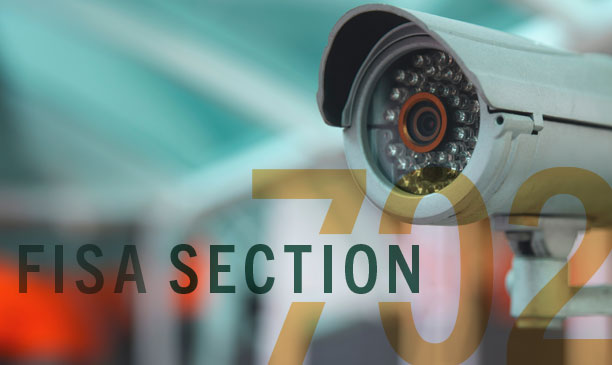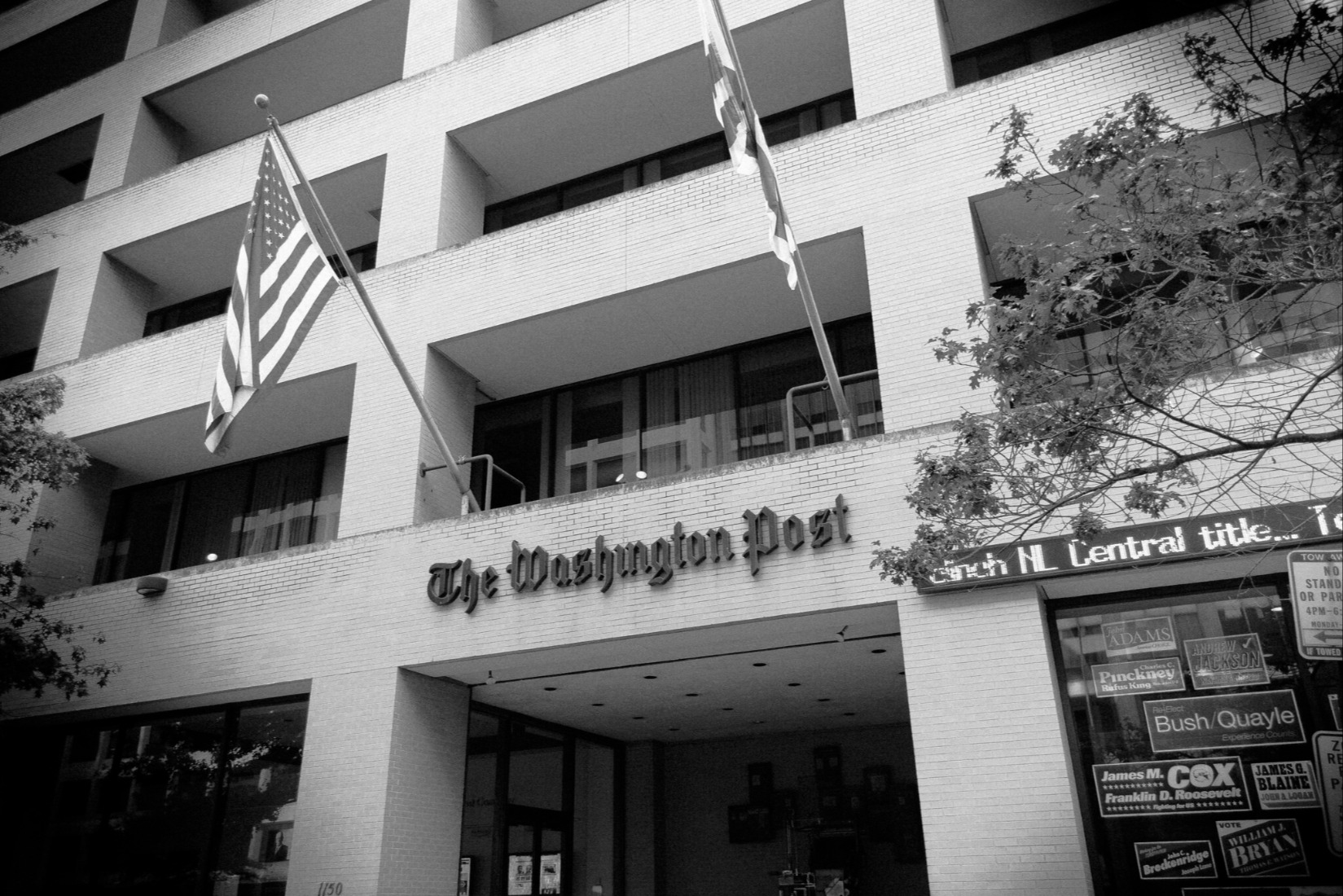A Mini-Symposium on "Beyond Snowden"
I am honored that Lawfare is using my new book, "Beyond Snowden: Privacy, Mass Surveillance and the Struggle to Reform the NSA" as the starting point for a conversation on the future of surveillance reform. Many thanks to those in the Lawfare community that offered me support, advice and comments along the way. I am looking forward to reading the essays of those who have agreed to write about the book in this mini-symposium, and I will respond to those essays with some closing thoughts of my own.
I am honored that Lawfare is using my new book, "Beyond Snowden: Privacy, Mass Surveillance and the Struggle to Reform the NSA" as the starting point for a conversation on the future of surveillance reform. Many thanks to those in the Lawfare community that offered me support, advice and comments along the way. I am looking forward to reading the essays of those who have agreed to write about the book in this mini-symposium, and I will respond to those essays with some closing thoughts of my own.
For several years during the Bush and Obama administrations, it was my job to ensure that intelligence programs included privacy protections. I joined the government around the same time Edward Snowden got his first job–in 2006–after I took a job as “deputy for civil liberties” in the newly-created Office of the Director of National Intelligence. During my first day on the job, people went around the table giving their names and their previous employers. “CIA.” “NSA.” “DOJ.” “FBI.” “DIA.” My turn came. “ACLU,” I said.
There were some surprised looks. The American Civil Liberties Union is the nation’s oldest and largest civil liberties organization. It had been and continues to be among the fiercest critics of America’s growing surveillance state. Still, senior intelligence officials had taken a chance on hiring me, an ACLU lawyer, to examine the most secret programs in government. Why had I joined? Simply put, I was hoping to make a difference.
In 2013, I left government to take a job at Brown University. Only a few days after I signed the paperwork making my separation official, the first stories based on documents leaked by Edward Snowden began to appear in the press. They revealed the details of NSA’s mass surveillance programs, including many on which I and many others had been working for years in an effort to improve oversight.
I wrote Beyond Snowden: Privacy, Mass Surveillance and the Struggle to Reform the NSA to shed light on mass surveillance–a topic in which civil libertarians and national security experts often seem to talk past each other. In the book, I discuss the post-Snowden reforms made to surveillance programs, including greater transparency, the USA FREEDOM Act, and new rules to protect the privacy of foreigners in Presidential Policy Directive 28. As I explain in the book, these reforms were more significant than any I had achieved in government. Still, my goal was to go beyond the Snowden debate itself (traitor or whistleblower?) and to offer some practical suggestions for new reforms–such as encouraging the intelligence community to use new forms of encrypted search to protect privacy.
Keeping surveillance under control has rarely been more urgent. Presidents have abused surveillance powers in the past. Among his many other alarming campaign statements about civil liberties, Donald Trump’s endorsement of surveillance and warrantless searches of Muslims almost went unnoticed. Trump’s bizarre accusation that Barack Obama “had my ‘wires tapped’ in Trump Tower” shows an ignorance of the legal constraints that govern surveillance.
The experience of reforming surveillance after 2013 has demonstrated that transparency, accountability, and meaningful protections for privacy are not just good government values; they are essential to national security. In Beyond Snowden, I argue that protecting privacy and civil liberties in collecting electronic intelligence is a cause worth fight for–not only for the surveillance state’s discontents but for the surveillance state itself.





